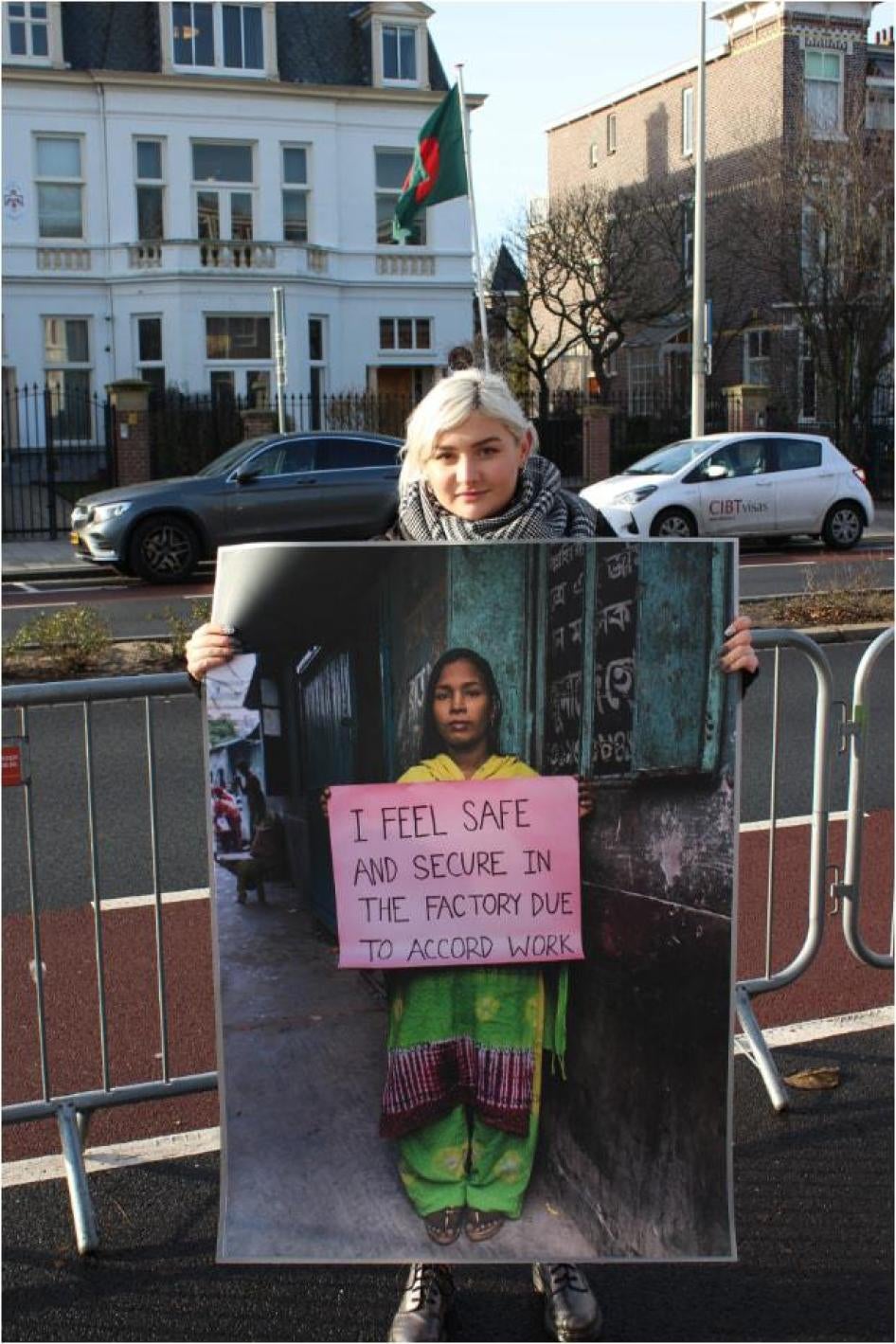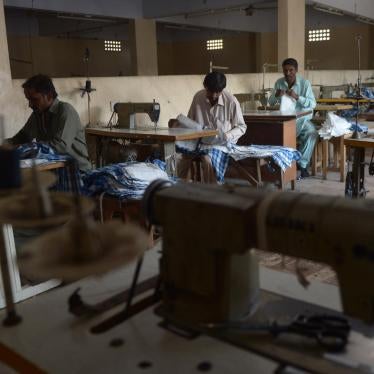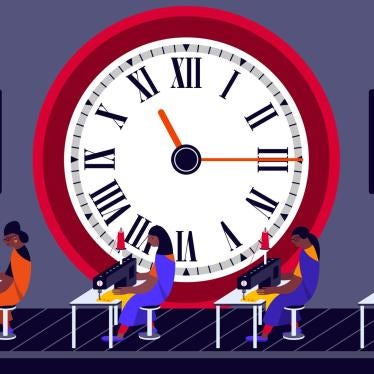“We don’t want another Rana Plaza.”
Those were the parting words when I spoke with a Bangladeshi garment worker who miraculously survived the Rana Plaza building collapse in April 2013. The building housed five garment factories employing thousands of poor Bangladeshi workers. I met her in a hospital over a year ago, where she was battling depression and nightmares. “I don’t want to be a garment worker,” she told me. “I am too afraid to go back.”
She described the horror of being fished out from the ruins several days after the building collapsed. Her friends were all among the 1,134 workers who died that day. Another 2,000 were injured.
Her words may well turn out to be prescient. In the coming weeks, Bangladesh may make the mistake of crippling an initiative that has achieved dramatic improvements in fire and building safety in the years since Rana Plaza.
The April 2013 calamity shamed global apparel and footwear brands into action. The Bangladesh Accord on Fire and Building Safety was developed within a month. More than 200 brands - mostly European, including H&M, Inditex, C&A, and Esprit - signed the binding agreement with global union federations. American brands created a non-binding parallel initiative, the Alliance on Worker Safety.
But last year, a Bangladeshi manufacturer, Smart Jeans Ltd., filed a court case challenging the Accord. In May, the Bangladesh High Court ruled against the Accord, saying its operations should be transitioned to the Bangladesh government by the end of November. But the government’s Remediation Coordination Cell is not yet equipped to take over the Accord’s work.
The Accord appealed to the Supreme Court, seeking to extend its operations, as had been planned, until 2021. It stands apart from anything else that has been attempted because of the strong business consequences for factories that remain unsafe.
After warnings and reminders, if a factory makes no progress by taking key corrective actions, the Accord terminates its participation in the program. This means that none of the Accord brands can do business with it. The program reports publicly on its progress. The Accord is not just another monitoring program without teeth.
If the Accord scales back its work before the government is ready to take on the monitoring and enforcement effort, it will be a disaster whose social and economic consequences are hard to predict. Global brands cannot risk another factory disaster in Bangladesh. Consumers, investors, and labour rights groups will start knocking on the doors of global apparel brands asking what they are doing to make sure they are not sourcing from unsafe factories - and there won’t be easy answers.
If that happens, Bangladeshi manufacturers should gear up for massive drop in business. A recent estimate projects that more than 500 factories risk losing business from Accord brands if the court does not allow it to continue its work from Dhaka. Many workers risk losing their jobs if factories lose business. That said, working in factories that are not safe could mean many more avoidable worker deaths.
Workers in Bangladesh took to the streets toward the end of December and early January to demand better wages. The protests were crushed. In response, consumers across Europe are protesting this week in front of Bangladesh embassies showing their support for the garment workers. They are calling on the Bangladesh government to support the extension of the Accord and increase wages.
Prime Minister Sheikh Hasina should do as much as she can to avert the crisis in the apparel industry. She should find a lasting solution to the repeated pattern of worker unrest. Her government, together with the Bangladesh’s powerful industry associations, had agreed in October 2017 that the Accord should extend its work till 2021. They should petition the Supreme Court, showing their unconditional support for the Accord, saying that this is in the best interest of workers, Bangladeshi manufacturers and global apparel brands.
Building the Remediation Coordination Cell’s capacity to take over the Accord’s work will take years. It is in the Accord’s interest to work with the Bangladesh government, industry associations, unions, and local groups to put together a sustainable exit plan. Everyone agrees that the success of the Accord will depend on a legacy of lasting and credible systems. It cannot just be a brief fairy tale that ends in a nightmare. No one wants another Rana Plaza.









